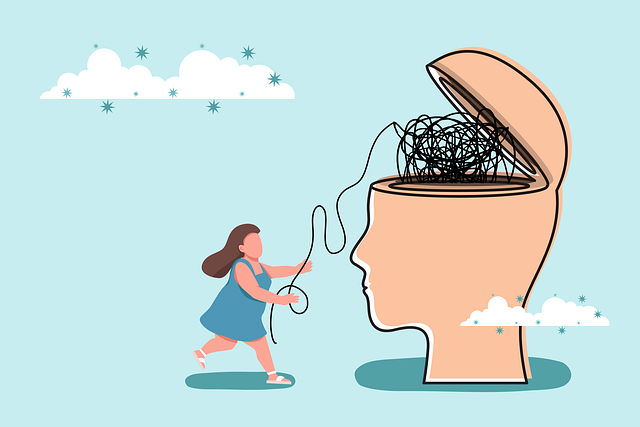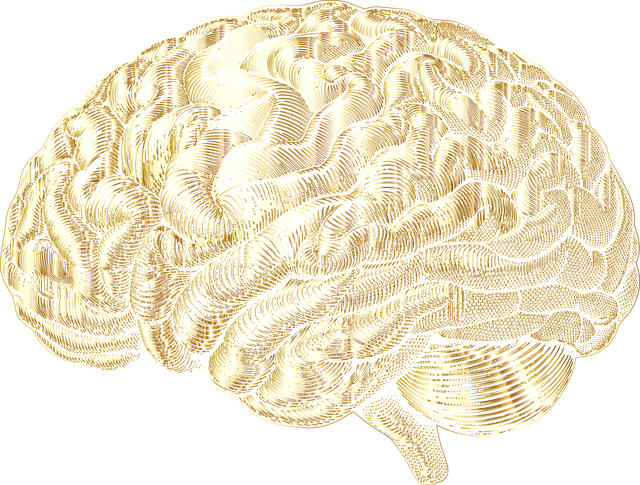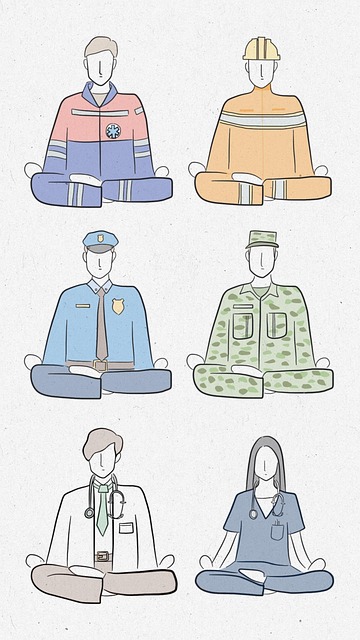The elderly face distinct mental health challenges, including isolation, loss, and physical issues, increasing their risk of depression. To combat this, stigma reduction efforts must integrate proactive strategies into support systems, such as depression prevention, positive thinking promotion, and emotional intelligence cultivation. Therapy, especially crisis counseling tailored for seniors, provides safe spaces for elders to address unique challenges like isolation and fear of judgment from younger generations. Community engagement through educational events, support groups, and public awareness campaigns further reduces stigma and promotes open discussions about mental health, while training healthcare providers on cultural competency ensures tailored care.
Mental illness stigma among the elderly remains a pressing issue, exacerbating an already complex crisis. As our population ages, understanding and addressing unique mental health challenges faced by seniors is crucial. This article explores effective strategies to reduce stigma, focusing on therapy tailored for elderly individuals and community engagement methods that foster support networks. By integrating counseling services with proactive community initiatives, we can create a more inclusive environment where elders receive the care they deserve without fear of judgment.
- Understanding the Elderly Mental Health Crisis and Its Unique Challenges
- The Role of Therapy in Breaking Down Stigma for Elderly Individuals
- Community Engagement Strategies to Foster Support and Reduce Stigma
Understanding the Elderly Mental Health Crisis and Its Unique Challenges

The mental health crisis among the elderly population presents unique challenges that often go overlooked. As people age, they may face increased social isolation, loss of loved ones, and physical health issues, all of which can contribute to a heightened risk of mental illness. Depression, for instance, is not merely a temporary mood swing but a serious condition that requires prompt attention and effective treatment, such as therapy for elders crisis counseling.
Efforts to reduce the stigma surrounding mental health issues among the elderly must acknowledge these distinct barriers. Promoting depression prevention strategies, cultivating positive thinking, and fostering emotional intelligence can play pivotal roles in addressing the crisis. By integrating these approaches into support systems and care networks, we can create a more inclusive environment that encourages open conversations about mental well-being, ultimately leading to improved access to counseling services for elders facing these complex challenges.
The Role of Therapy in Breaking Down Stigma for Elderly Individuals

Therapy plays a pivotal role in breaking down stigma surrounding mental illness among elderly individuals. Crisis counseling specifically tailored for seniors can provide a safe space to address unique challenges they face, such as feelings of isolation or fear of judgment from younger generations. Through compassionate and non-judgmental conversations, elders can develop coping strategies and build resilience, thereby reducing the impact of stigma on their daily lives.
Incorporating self-awareness exercises and community outreach program implementation within therapeutic settings empowers elderly people to share their stories and connect with peers who have similar experiences. This sense of belonging fosters understanding and empathy, dismantling the barriers created by societal stigma. By participating in therapy, elders can learn to navigate social interactions with confidence, further encouraging open discussions about mental health and reducing the isolation often associated with aging and mental illness.
Community Engagement Strategies to Foster Support and Reduce Stigma

Community engagement plays a pivotal role in reducing the stigma surrounding mental illness. By actively involving local communities, we can foster an environment that supports individuals facing challenges like crisis counseling for elders. Organizations and healthcare providers can collaborate with community leaders to host educational events, workshops, or support groups, which help dispel myths and promote emotional well-being promotion techniques. These initiatives ensure that residents feel empowered to discuss mental health openly without fear of judgment.
Furthermore, public awareness campaigns development is an effective strategy to reach a broader audience. Utilizing various media platforms and community gatherings, these campaigns can educate the public about different forms of mental illness and available treatment options, including therapy for elders in crisis. Additionally, training healthcare providers on cultural competency ensures they can offer tailored care and support, addressing the unique needs of diverse communities while reducing stigma through empathetic and informed interactions.
Mental illness stigma reduction is a multifaceted approach, particularly crucial for elderly individuals facing unique challenges in seeking help. By combining understanding, therapy for elders crisis counseling, and community engagement strategies, we can create a supportive environment that fosters open conversations about mental health. Through these efforts, we hope to break down barriers, reduce stigma, and ensure that elderly folks receive the necessary care and support they deserve.









